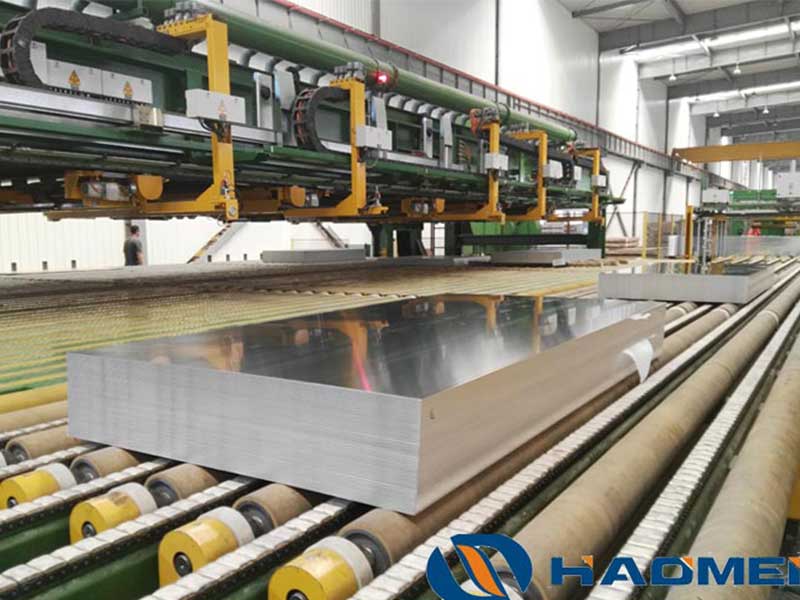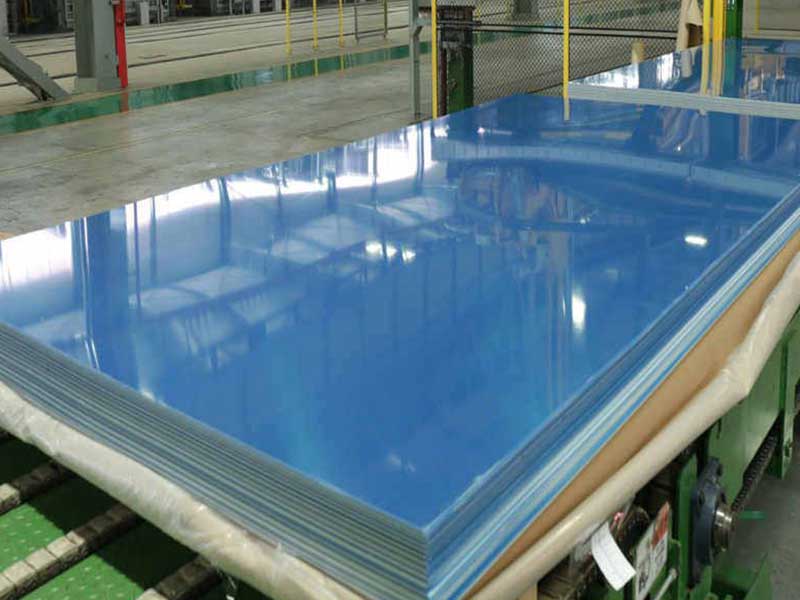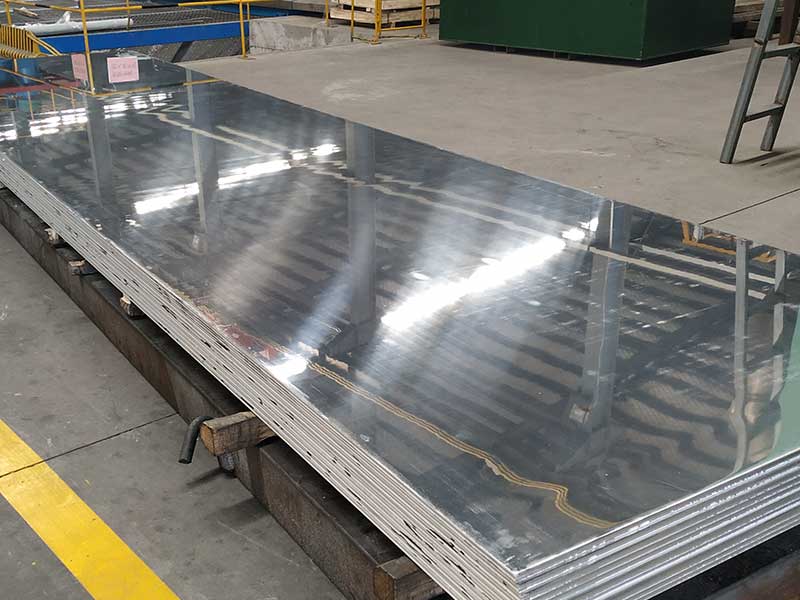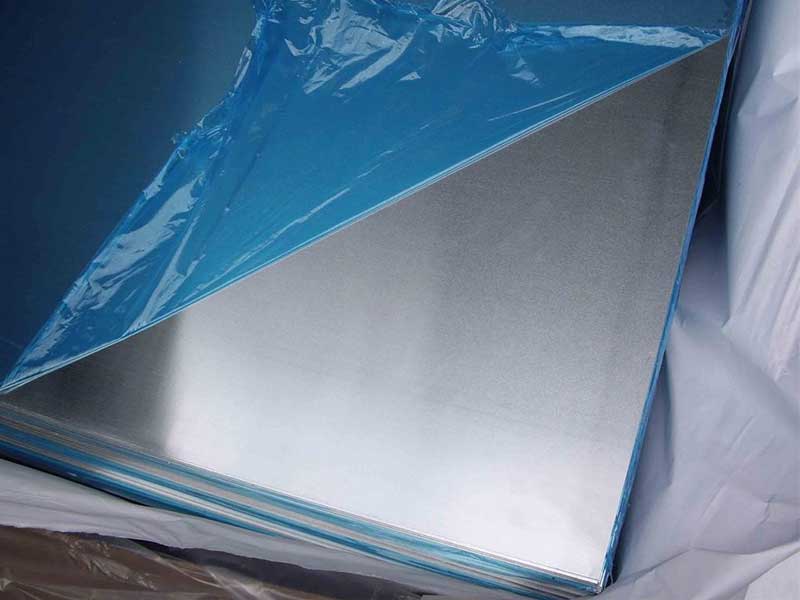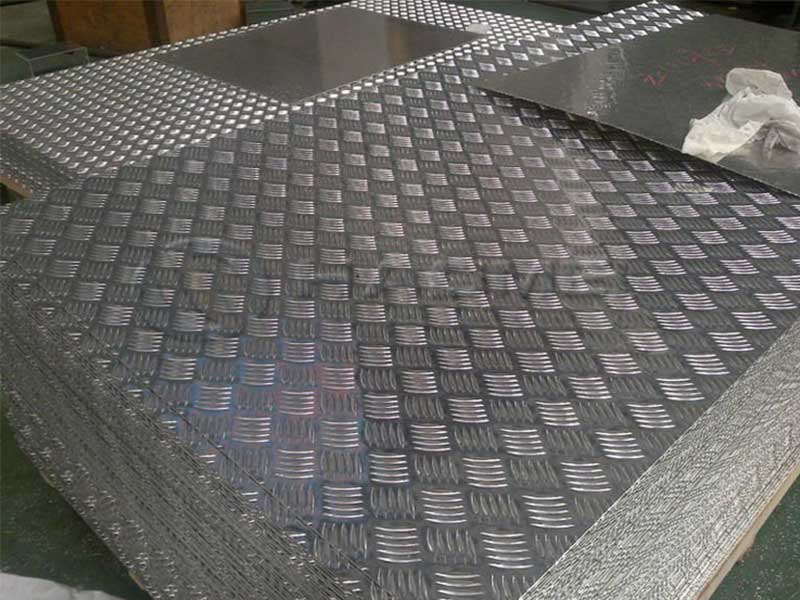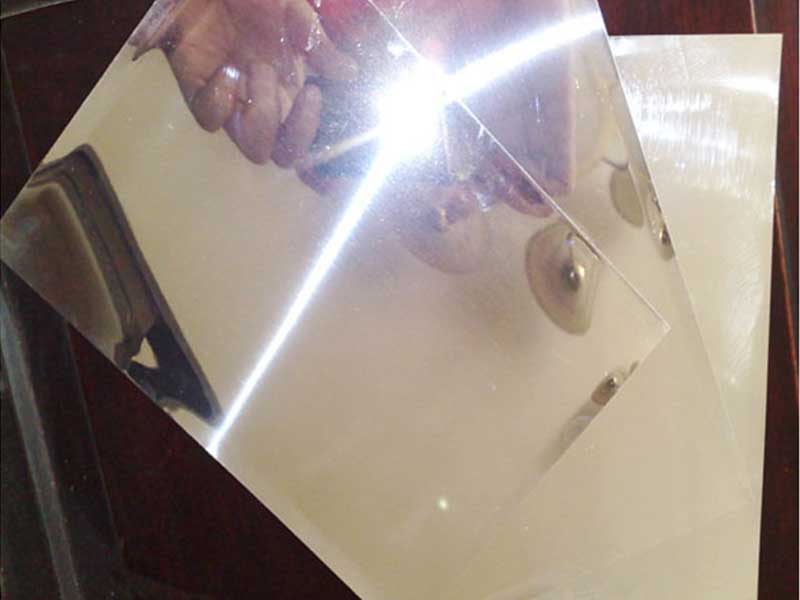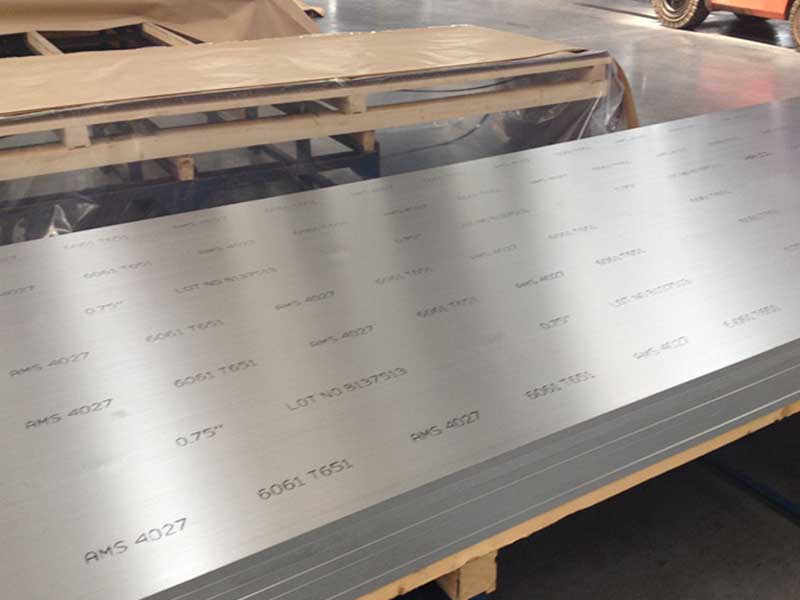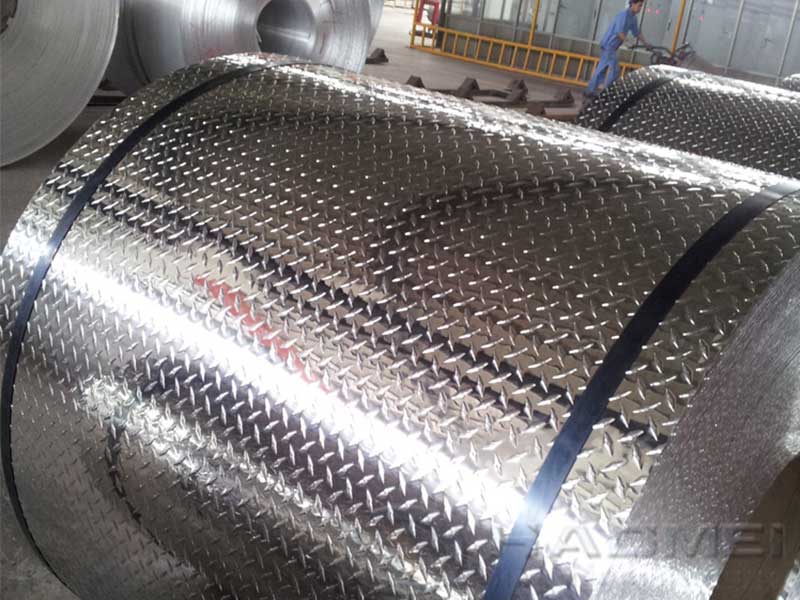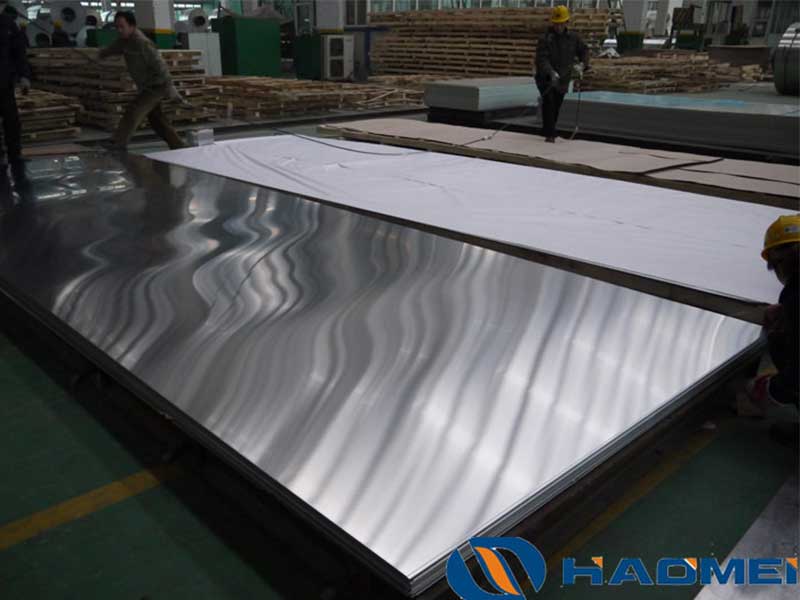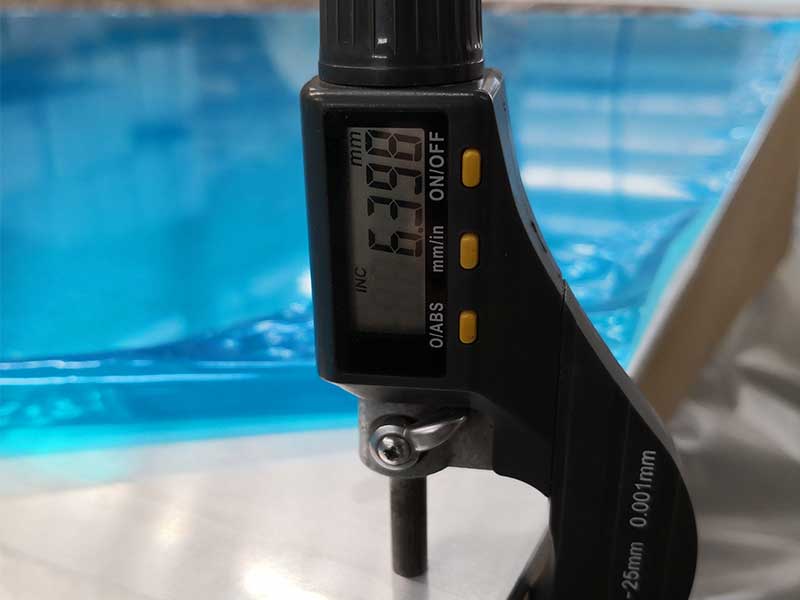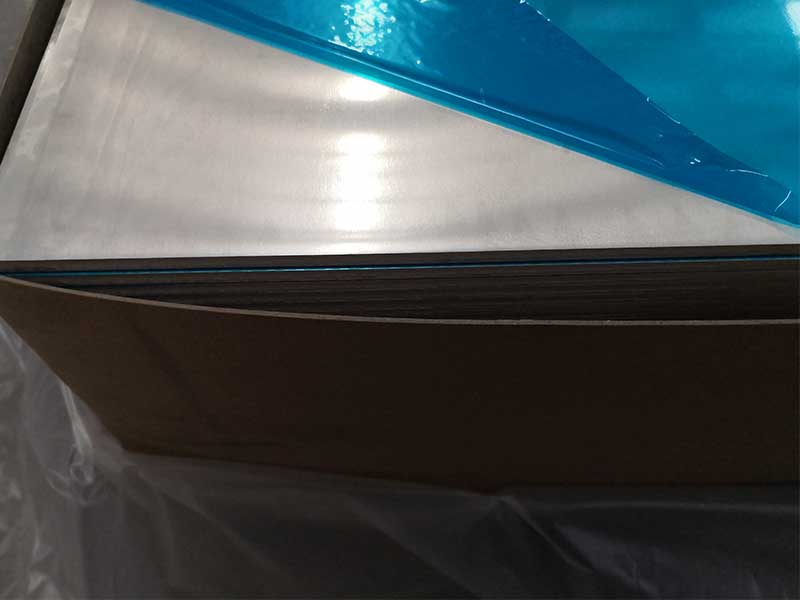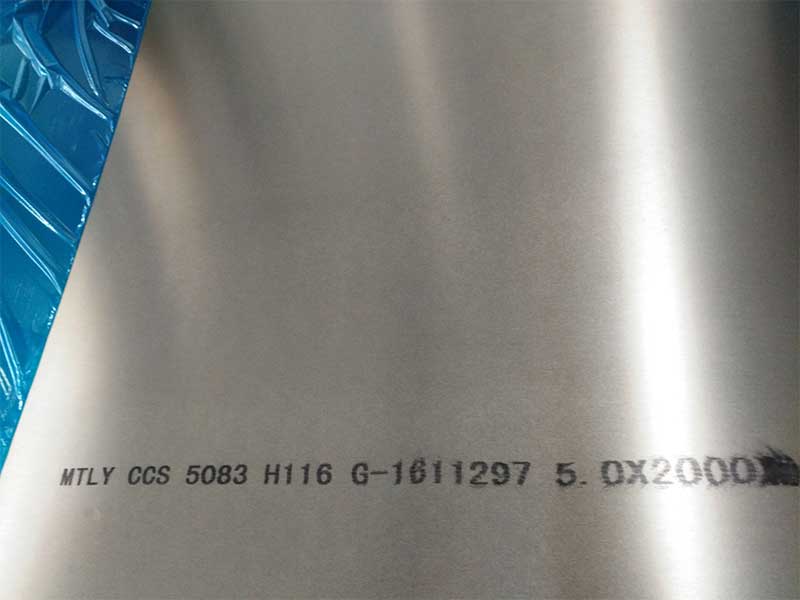2024-10-23 https://www.aluminum-coils.com/a/what-are-the-alloys-of-aluminum-for-automobiles.html
As automotive manufacturers strive to improve fuel efficiency, reduce emissions, and enhance performance, the role of aluminum alloys in vehicle construction has become increasingly critical. Aluminum, known for its lightweight and corrosion-resistant properties, is often chosen over traditional materials like steel. In this article, we will delve into various aluminum alloys used in automobiles, their unique properties, and how they contribute to the automotive industry.
Understanding Aluminum Alloys
Aluminum alloys are classified into two main categories: wrought alloys and cast alloys. Each category is further divided based on the primary alloying elements, which enhance specific properties of aluminum. The most common aluminum alloys used in automotive applications include the following:
1. Aluminum 1xxx Series (Pure Aluminum)
These alloys contain at least 99% aluminum and exhibit excellent corrosion resistance. While they are generally not used for structural components, they find applications in small parts like decorative trims and some heat exchangers. The lightweight nature of 1xxx series alloys makes them useful for reducing overall vehicle weight.
2. Aluminum 3xxx Series (Aluminum-Manganese Alloys)
The 3xxx series alloys are characterized by good corrosion resistance and moderate strength. Their combination of properties allows them to be utilized in parts like beverage cans, panels, and some body components in cars. They are also known for good workability, making them easy to shape into various designs.
3. Aluminum 5xxx Series (Aluminum-Magnesium Alloys)
With magnesium as the principal alloying element, the 5xxx series alloys offer excellent corrosion resistance and weldability. These alloys are commonly used in vehicle body panels and structural components, such as the chassis and framing systems. Their lightweight nature and ability to withstand stress without deforming make them ideal for weight-sensitive applications.
4. Aluminum 6xxx Series (Aluminum-Magnesium-Silicon Alloys)
The 6xxx series, which includes the popular Alloy 6061, provides a balance of strength, corrosion resistance, and workability. These alloys are massively used in automotive components, including structural parts, heat exchangers, and suspension components. The combination of magnesium and silicon allows for good anodizing properties, making them visually appealing.
5. Aluminum 7xxx Series (Aluminum-Zinc Alloys)
Known for their high strength-to-weight ratio, the 7xxx series, particularly Alloy 7075, is utilized mainly in high-performance applications. This alloy is frequently found in aircraft but has begun to gain traction in certain high-end automotive models for components that need to withstand significant stress, such as wheels and suspension parts.
Benefits of Using Aluminum Alloys in Automobiles
Integrating aluminum alloys into automotive designs offers various advantages, including:
-
Weight Reduction: Aluminum alloys are significantly lighter than steel, allowing manufacturers to lower overall vehicle weight. This reduction enhances fuel efficiency and contributes to improved handling and performance.
-
Corrosion Resistance: Aluminum naturally forms a protective oxide coating, making it highly resistant to rust and corrosion. This longevity is advantageous for maintaining vehicle aesthetics over time.
-
Recyclability: Aluminum is 100% recyclable without degradation of its properties. This sustainability ensures that aluminum alloys contribute positively to the environment as they can easily be reprocessed for future applications.
-
Enhanced Safety: The use of aluminum alloys can improve crumple zones and overall vehicle safety due to their ability to absorb energy during an impact. This characteristic is crucial for meeting modern safety regulations.

